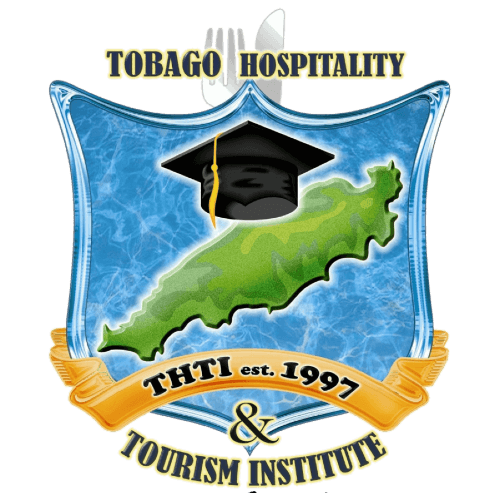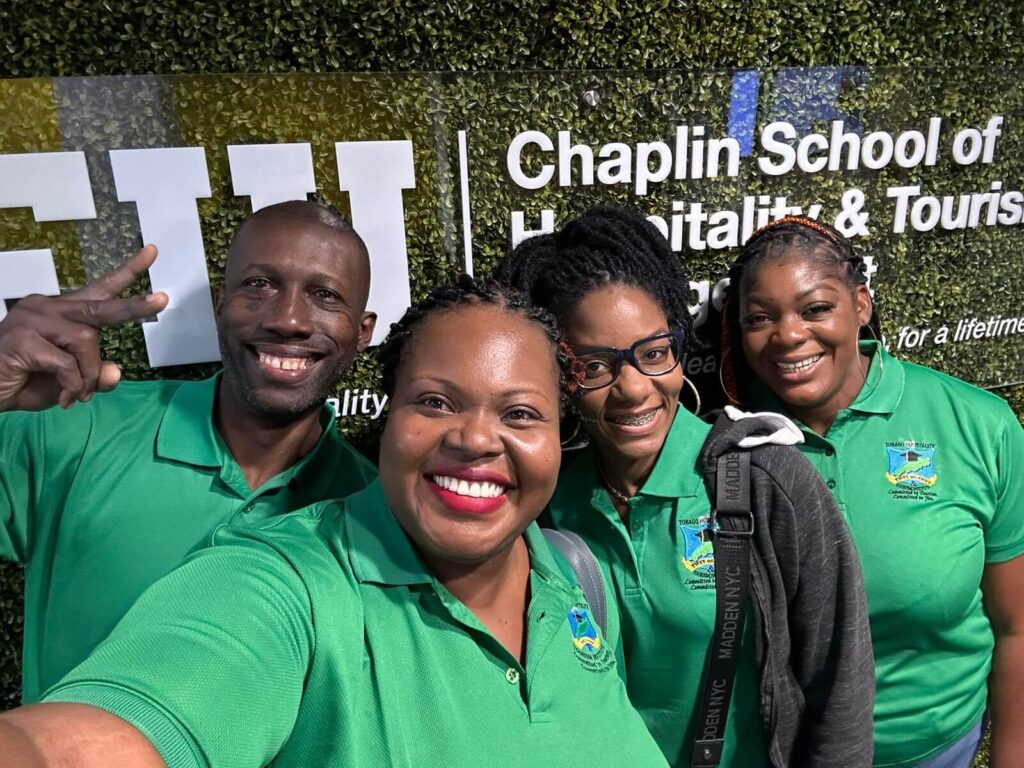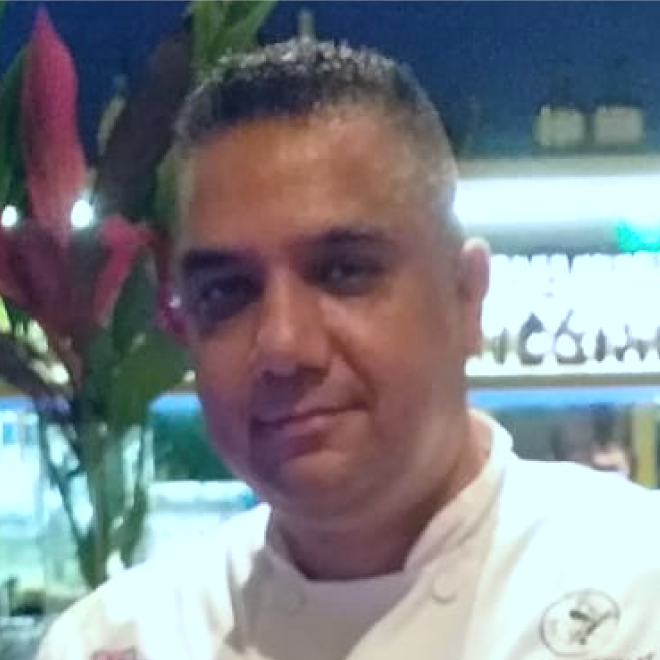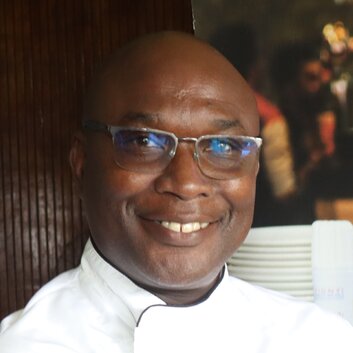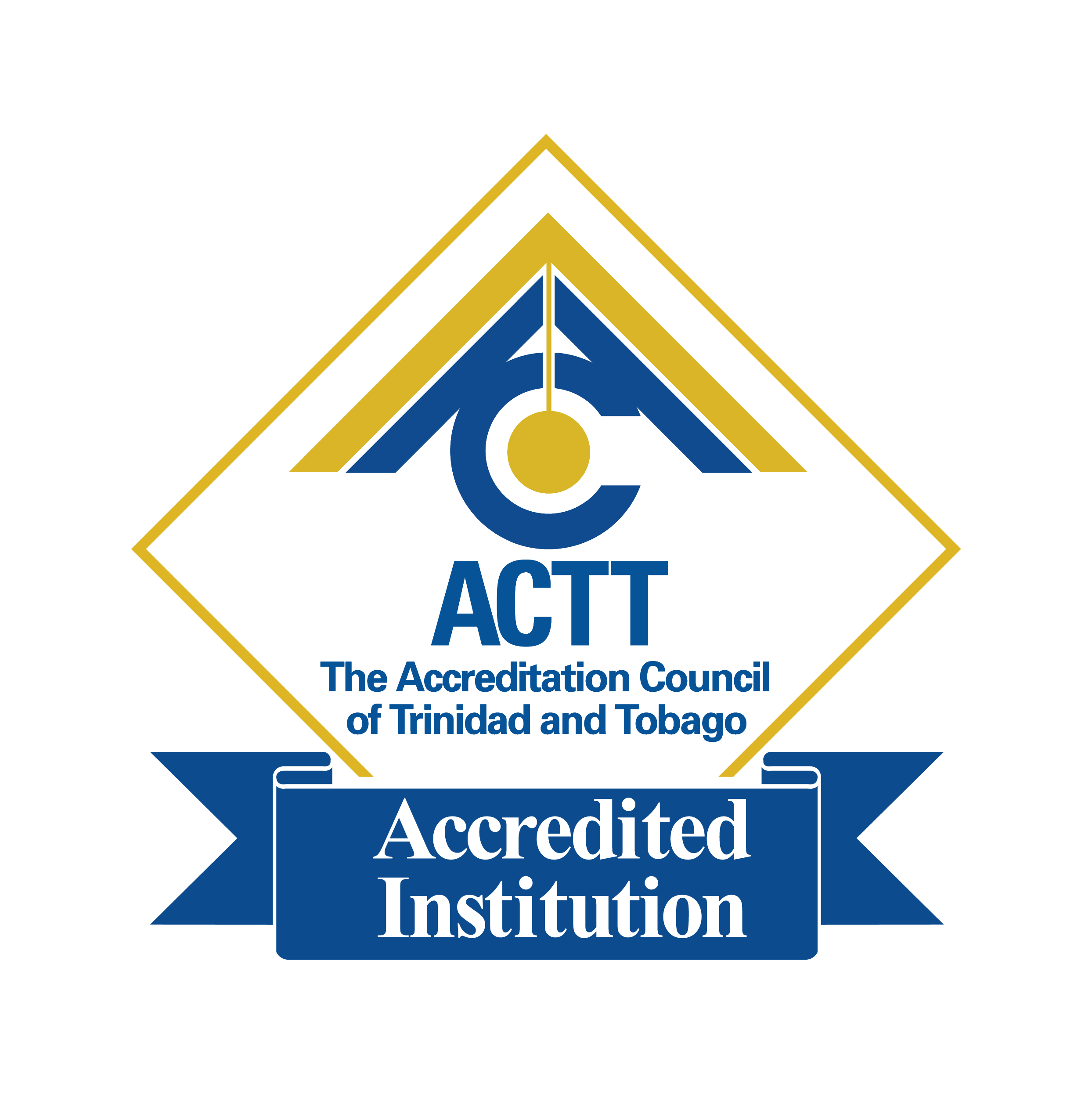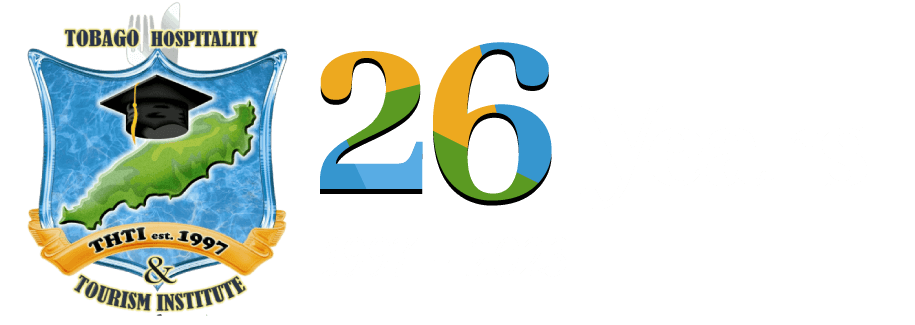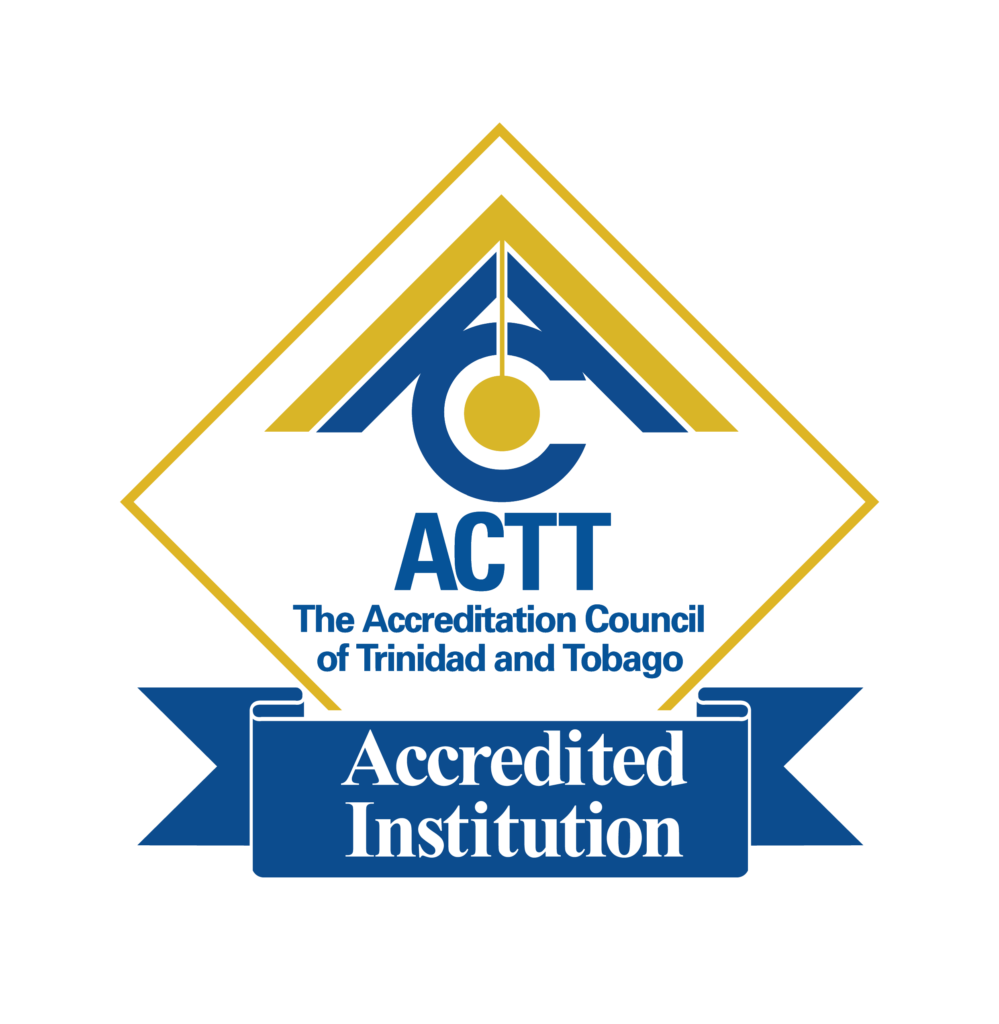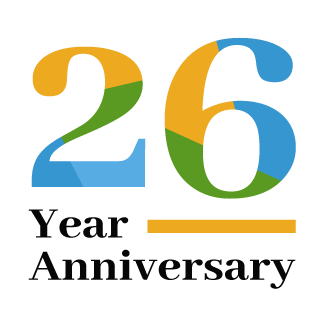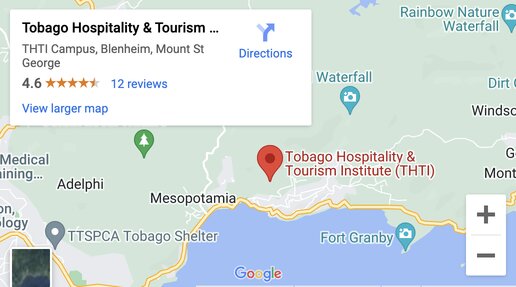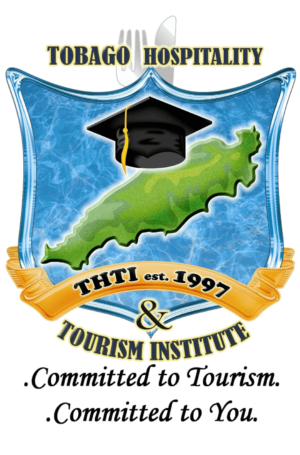Expanding Horizons: The Role of Second Language Acquisition in Tourism
- Share this post
In today’s globalized world, the tourism industry stands as a vibrant and dynamic sector, offering myriad opportunities for those with diverse skill sets. Among these skills, proficiency in a second language has emerged as a significant asset, around the world. For young adults and adults alike, learning a second language can open doors to exciting career prospects and personal enrichment within the realm of tourism.
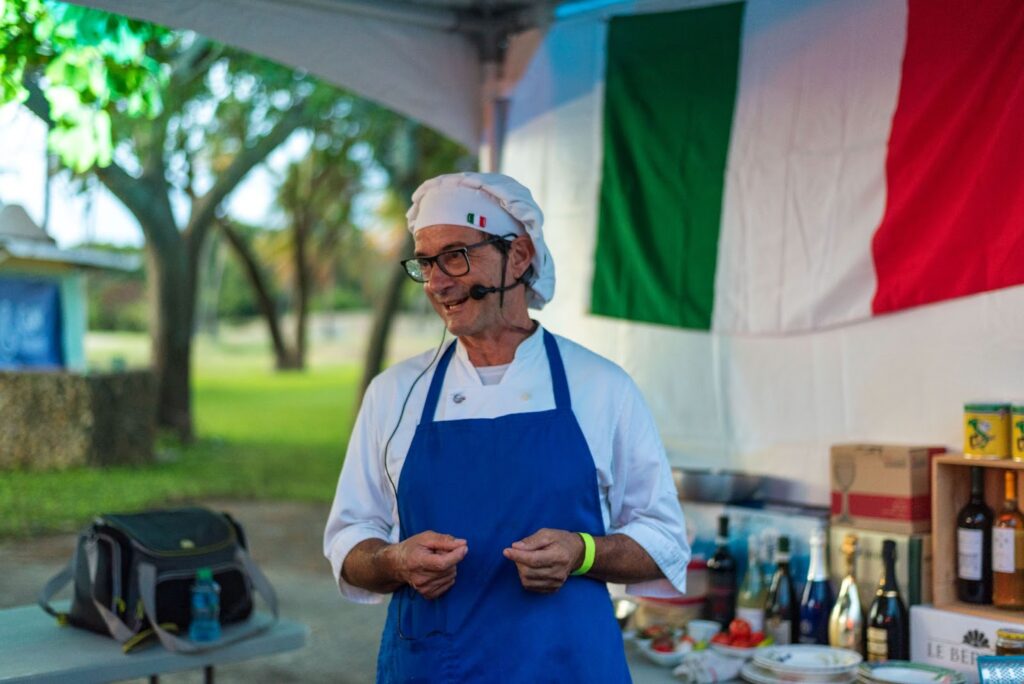
- Enhanced Career Prospects
The ability to communicate effectively with tourists in their native language is invaluable in the tourism industry. Whether you aspire to work as a tour guide, hospitality manager, travel agent, or in marketing and customer service roles, proficiency in a second language can significantly enhance your employability. Research has shown that multilingual individuals often have a competitive edge in the job market, as they can cater to the needs of diverse clientele and contribute to providing exceptional customer experiences (Cook, 2016).
- Cultural Understanding
Language and culture are intricately intertwined, and learning a second language provides insights into the customs, traditions, and social norms of different countries. In the context of tourism, this cultural understanding is essential for building rapport with tourists from various cultural backgrounds. By speaking their language and demonstrating awareness of their cultural sensitivities, you can create memorable experiences that resonate with travelers long after their journey has ended (Li, 2017).
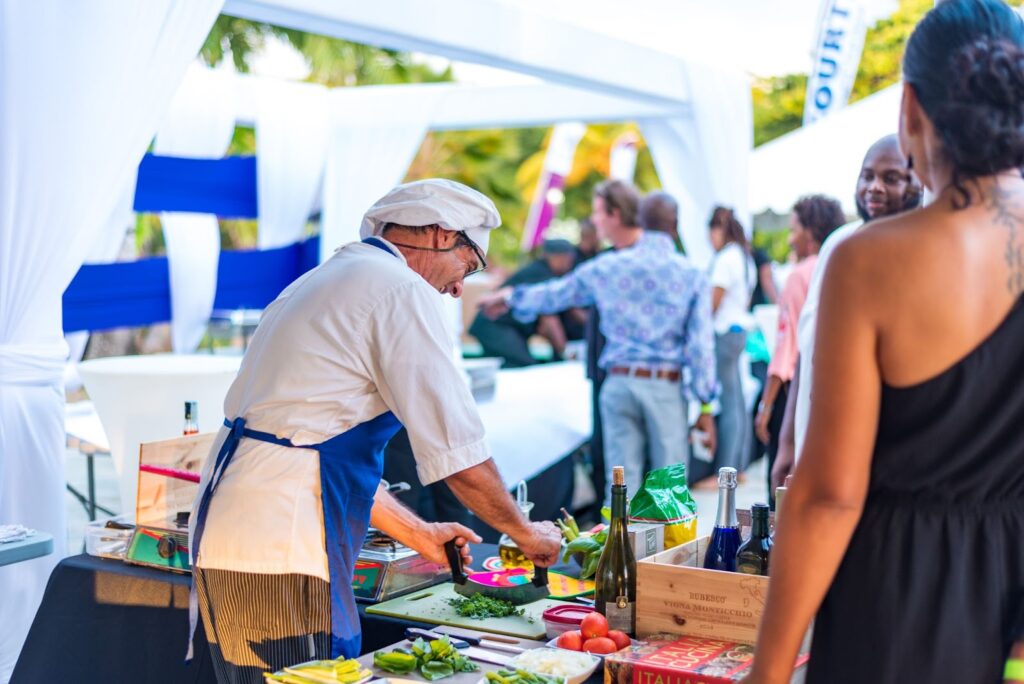
- Global Networking Opportunities
It opens up avenues for global networking within the tourism industry. Whether attending international conferences, collaborating with overseas partners, or engaging with clients from different countries, being able to communicate effectively in multiple languages can facilitate smoother interactions and foster fruitful relationships. (MacIntyre & Gregersen, 2012).
- Personal Enrichment
It broadens your perspective, fosters empathy towards others, and cultivates a deeper appreciation for cultural diversity. Through language learning, you gain insights into different ways of life, challenge your cognitive abilities, and develop a sense of global citizenship. These personal transformations extend beyond the realm of tourism, enriching your life in profound and meaningful ways (Kinginger, 2013).
Learning a second language opens doors to a world of opportunities within the vibrant and diverse field of tourism. As you embark on this journey, remember that language learning is not merely a skill but a gateway to new experiences, connections, and possibilities in the global landscape of tourism.
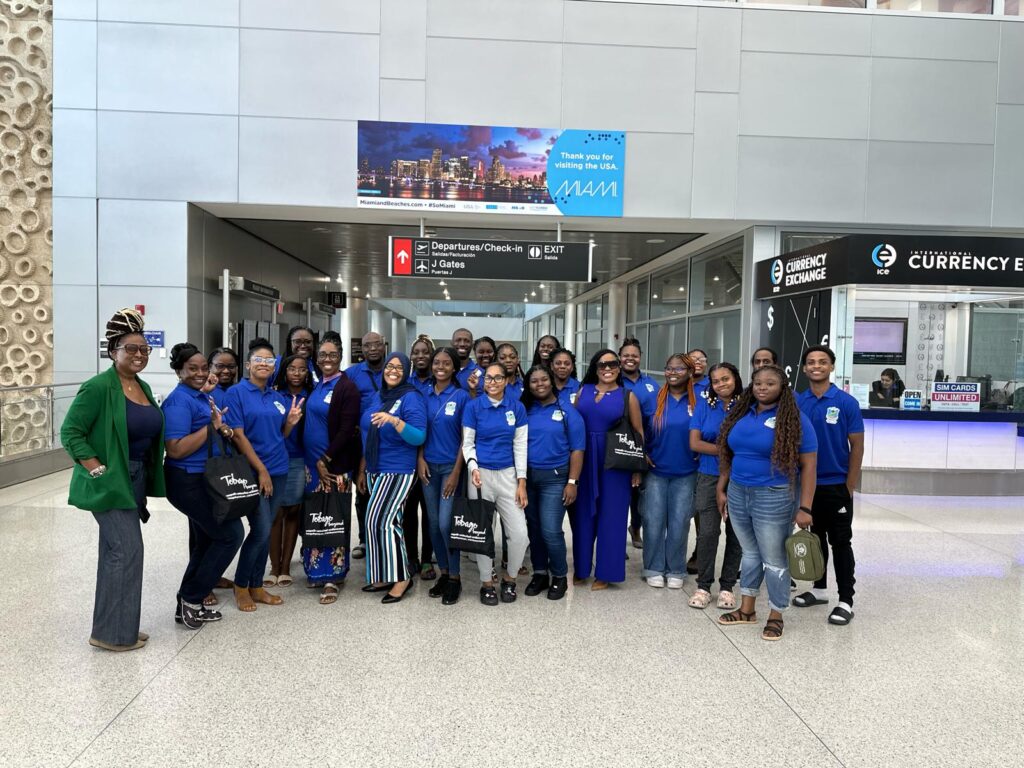
Unlock the power of communication and dive into the rich cultures of Spanish and French-speaking destinations with our immersive short courses designed specifically for aspiring professionals like you.
Don’t miss this opportunity, be sure to visit our website and enrol now in our Spanish and French short courses today and pave the way for a successful future in tourism and hospitality.
Let’s embark on this exciting journey together!
-
Conversational Spanish
TT$995
-
Introduction to French
TT$1,050
References:
Cook, V. (2016). Second Language Learning and Language Teaching. Routledge.
Kinginger, C. (2013). Social and Cultural Aspects of Language Learning in Study Abroad. John Benjamins Publishing Company.
Li, M. (2017). Language and Culture in Tourism. Springer.
MacIntyre, P. D., & Gregersen, T. (2012). Language Learning and Teaching as Social Interactions. Multilingual Matters.
- Share this post
Upcoming Events:
Related Posts:
More You Might Like
Upcoming Short Courses:
- Lecturer: Riyadh Mohammed
- Online Classes
- 6 hours
- Short Courses
- Lecturer: Ikeisha Niles
- Online Classes
- 30 hours
- Short Courses
- Lecturer: Raakesh Madoo
- Online Classes, Face to Face
- 30 hours
- Short Courses
- Lecturer: Maria Woods
- Online Classes, Face to Face
- 45 hours
- Short Courses
- Lecturer: Chef Sonia Phillip
- Face to Face
- 36 hours
- Short Courses
Upcoming Courses:
- Lecturer: Chef Kwesi Selvon
- Face to Face
- 36 hours
- Short Courses
- Lecturer: Chef Sonia Phillip
- Face to Face
- 48 hours
- Short Courses
- Lecturer: Raakesh Madoo
- Online Classes, Face to Face
- 30 hours
- Short Courses
- Lecturer: Chef Vergiss Lovelace
- Face to Face
- 6 hours
- Short Courses
- Lecturer: William Trim
- Face to Face
- 48 hours
- Short Courses

